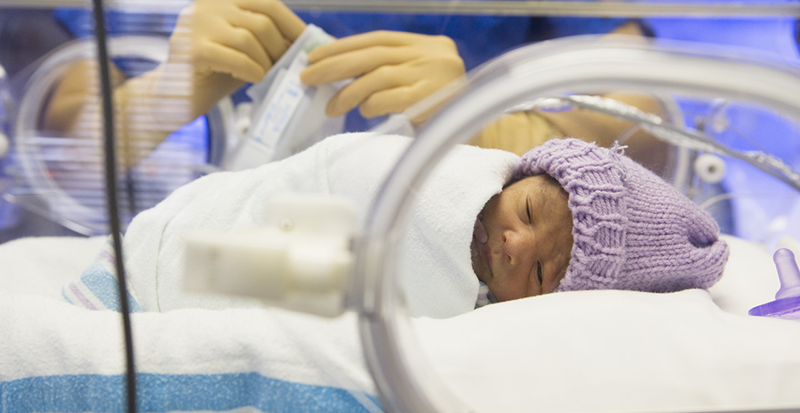Opioid Abuse During Pregnancy - Continued

If you are addicted to any opioid, the AC0G recommends taking medication like methadone or buprenorphine rather than trying to withdraw under medical supervision. There is no clear evidence that a medically supervised withdrawal will hurt the baby, but trying to quit opioids without medication is difficult — from 60 to 90 percent of patients relapse.
Remember: Methadone or buprenorphine can help you, along with counselling and other services, and will help you avoid pregnancy complications. Once born, your baby may go through withdrawal; withdrawal from buprenorphine typically ends within a week, and from methadone can last longer. There’s no strong evidence that a baby exposed to methadone in the uterus will develop health problems later as a result, according to the AC0G.
It’s easier to get buprenorphine, which can be prescribed in a doctor’s office. To get methadone regularly, you’ll need to participate in a drug treatment program. If you go on methadone, the dosage may need to be adjusted while you are pregnant to help you avoid drug cravings and the abdominal cramps, nausea, insomnia, irritability, and anxiety that can come with withdrawal. Those symptoms also can distress the fetus, so speak up. There is no good evidence that a smaller dose will help a child adjust after birth, according to ACOG.
The U.S. Food and Drug Administration has approved a long-acting buprenorphine implant that provides low-to-moderate doses of buprenorphine for up to 6 months, but there are no data on the use of the implant in pregnant women.
Buprenorphine is sometimes combined with naloxone. The ACOG advises its members of recent research that found that the combination is safe for pregnant women, but questions remain about the effect of naloxone on the fetus.
You can and should get extra pain relief while in labor and stay on your medication. You may be more sensitive to pain and less responsive to painkillers during labor and birth, but you’re likely to be able to stay on your current medication dose post-delivery, whether you’re taking methadone or buprenorphine.
You also can and should breastfeed while on your medication, unless there are other reasons not to breastfeed. Very little medication will reach your child. Be careful about medicines containing codeine or tramadol and any medicine that makes people sleepy, including antihistamines and benzodiazepines like Ativan.
It is more common for women to relapse after the birth than during pregnancy — you may be triggered by lack of sleep, fear of losing custody, or postpartum depression. Be sure that you or someone you trust has naloxone available to save you in an overdose. Also consider getting an IUD so you don’t run the risk of getting pregnant unintentionally, especially if your recent pregnancy wasn’t planned. And get the help you need to enjoy and love your baby, a bright new beginning for you.
YOU MIGHT ALSO LIKE: More about the Opioid Epidemic in America
Updated:
April 02, 2020
Reviewed By:
Christopher Nystuen, MD, MBA